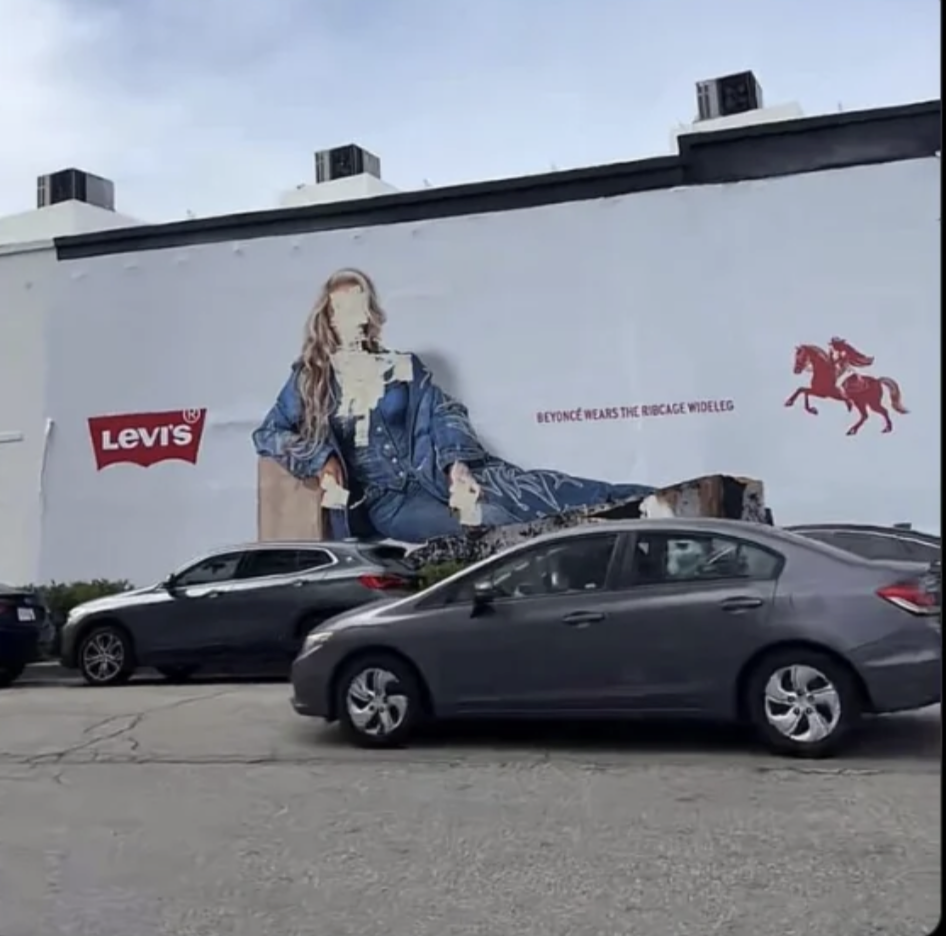Imagine growing up with a camera constantly in your face, capturing every moment of your childhood—whether you’re crying, struggling in school, or navigating the awkwardness of puberty. Every triumph and every vulnerability broadcast for the world to see. For many children, this isn’t just a hypothetical; it’s their reality. As family vlogging and social media continue to expand, so does the ethical dilemma from which we can’t simply unsubscribe.
Social media has grown quickly since it first started in 1997, with YouTube launching in 2005 and Instagram in 2010. With this rise in digital connectivity comes a unique set of challenges for Gen Z and Gen Alpha—generations growing up in an era where privacy is increasingly blurred. No generation before them has faced the pressure of having their lives shown to the world. So, where do we draw the line? How much should parents be allowed to share about their children online?
8 Passengers
One of the most infamous cases of family vlogging gone wrong is the story of 8 Passengers, a once-popular American YouTube channel run by Ruby Franke. What initially seemed like wholesome content showcasing family life took a dark turn when the world discovered the truth behind the camera. Ruby Franke was arrested in 2023 for severe child abuse and neglect after one of her malnourished children escaped and sought help from a neighbor.
Franke, along with her business partner Jodi Hildebrandt, enforced extreme punishments on her children, including food deprivation, isolation, and physical harm. Many former viewers recalled how Franke openly shared her harsh parenting methods. Like taking away her eldest son’s bed and making him sleep on a bean bag chair for 7 months.
She often justified these actions as part of her strict adherence to her interpretation of Mormon values. This case raises an urgent question: When does family content cross the line from innocent documentation to outright exploitation? More importantly, what protections exist for children whose lives are being turned into online entertainment?
New California Law
California has recognized the concerns surrounding family vlogging and has taken action to protect child influencers. Starting January 1, 2025, a new law requires content creators who include minors in at least 30% of their content to set aside 65% of the child’s earnings in a trust fund, ensuring they have access to their money once they become adults.
However, this law has led many family influencers to relocate to states with fewer regulations. Some creators continue to have their children perform on camera while keeping all the earnings for themselves. Over the past year, major family influencers such as the LaBrant Family (12.8 million YouTube subscribers), Cecily Bauchmann (2.2 million TikTok followers), and Brittany Xavier (5.1 million TikTok followers) have either moved to Tennessee or announced plans to do so.
Overall
Family vlogging may seem harmless on the surface, but cases like 8 Passengers prove otherwise. Children are being turned into content without their consent, their most vulnerable moments broadcast to millions. The question remains: How much longer can we ignore the ethical concerns surrounding this industry? Until stronger protections are put in place, countless children will continue to grow up not just in front of a camera but under the weight of a public childhood they never chose.





































































